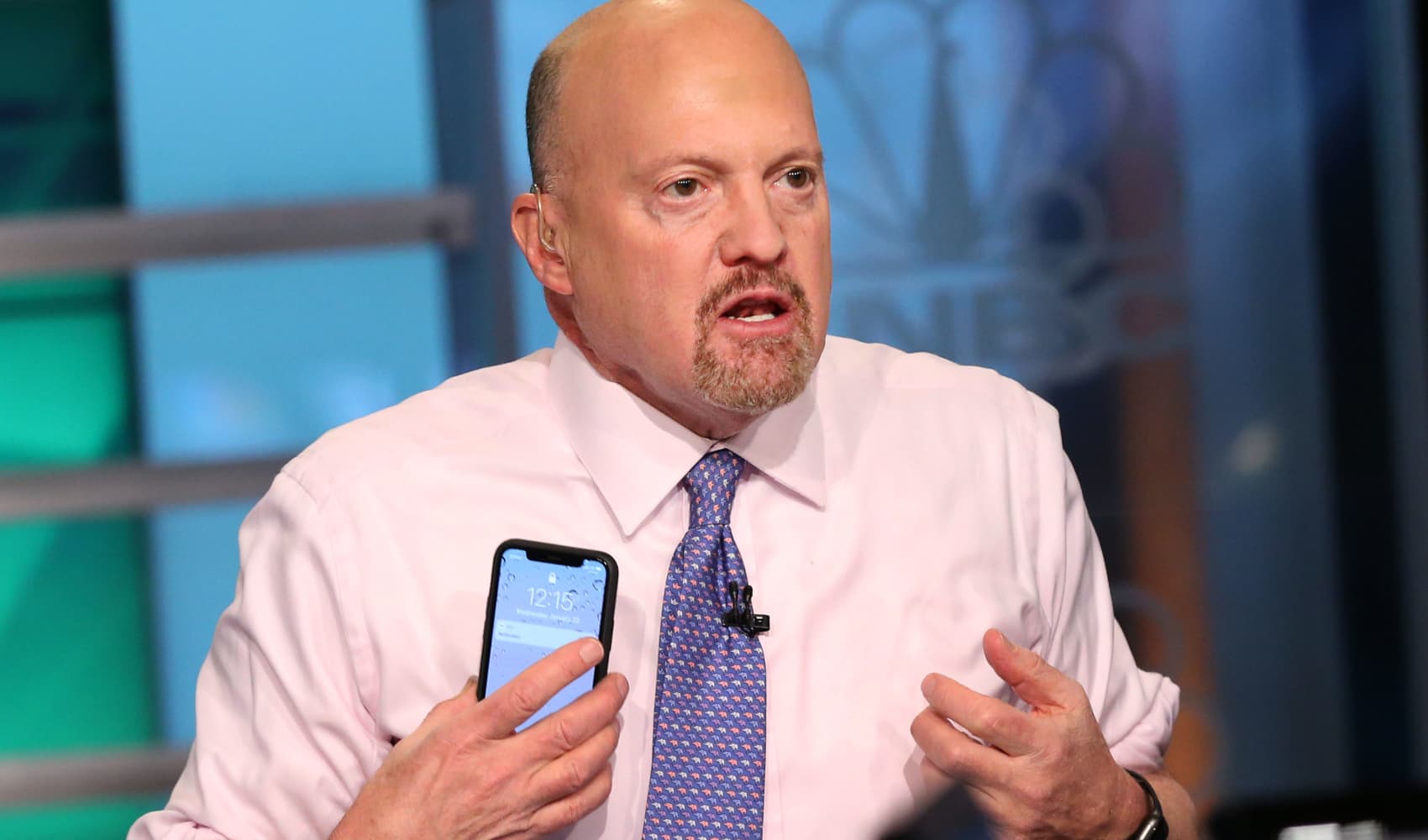
- Sen. Amy Klobuchar, D-Minn., unveiled a sweeping antitrust reform bill on Thursday.
- Klobuchar's proposed Competition and Antitrust Law Enforcement Reform Act sets a tough tone as she becomes chair of the Senate Judiciary subcommittee on antitrust.
- If enacted, the proposals could draw even more risk and scrutiny to large firms including Amazon, Apple, Facebook and Google.
Sen. Amy Klobuchar, D-Minn., unveiled a sweeping antitrust reform bill on Thursday, setting a tough tone as she becomes chair of the Senate Judiciary subcommittee on antitrust.
Klobuchar has been a frequent critic of what she and other lawmakers have viewed as lax enforcement of existing antitrust laws and has called for strong measures against some of the major tech firms.
While she has introduced several bills in the past seeking reforms to various aspects of antitrust law, her Competition and Antitrust Law Enforcement Reform Act is a comprehensive proposal calling for a major revamping of policing standards. If enacted, it would bring significantly more risk to companies like Facebook and Google, which are already facing federal lawsuits, and to any dominant firm seeking to acquire another company.
With this bill, Klobuchar is drawing her line in the sand on antitrust reform, signaling that she will use her post to call for major changes to the status quo. Broadly, the bill seeks to reform antitrust law in three main ways: resetting the standard for enforcement and shifting the burden of proof onto dominant firms in merger cases; requiring agencies to study markets and merger effects regularly, with the help of additional funds; and giving new tools to antitrust enforcers, like imposing civil penalties.
Klobuchar said in an interview on CNBC's "Squawk Box" on Thursday that antitrust enforcement isn't about punishing success.
Money Report
"When we talk about structural remedies and breaking things up, those companies would then be unleashed to do even more," she said.
But to take on those large companies, government agencies need the money to do so.
"You can't take on trillion-dollar companies with Band-Aids and duct tape," she said.
In the House, antitrust subcommittee Chairman David Cicilline, D-R.I., has similarly called for extensive reforms throughout an investigation into Amazon, Apple, Facebook and Google. That investigation culminated last year in a nearly 450-page report on the companies' alleged monopoly power and suggested reforms to restore competition to the digital market.
While Republicans on the House subcommittee didn't fully agree with the Democrats' far-reaching proposals, they saw mostly eye-to-eye on the issues in the market and the need for some reform. That could give some hope for Klobuchar's proposals to be passed, at least in part.
Klobuchar's bill would seek to strengthen antitrust enforcement in the following ways, among others:
- Raising the bar for dominant firms seeking to merge with other companies, including by shifting the burden of proof onto merging parties.
- Adding a prohibition on "exclusionary conduct" to the Clayton Act, which governs mergers, to make it harder for dominant firms to prove their mergers won't harm competition if they engage in such acts. Exclusionary conduct would include acts that disadvantage current or potential competitors or limit rivals' ability or incentive to compete.
- Authorizing $300 million increases to the annual budgets of the Department of Justice's Antitrust Division and the Federal Trade Commission, which enforce antitrust laws.
- Allowing antitrust enforcers to seek civil penalties for violations of monopoly law and the exclusionary conduct offense created by the bill, on top of other remedies they can already call for, like breakups and injunctions.
- Creating an independent Office of the Competition Advocate within the FTC that can conduct market analyses to inform enforcement and help elevate consumer complaints.
- Requiring merged companies to update agencies on the outcomes of their deals and for the agencies to study the impacts of past mergers.
- Extending whistleblower incentives to those flagging potential civil violations.
Klobuchar has blamed flawed court decisions for weakening the meaning of existing antitrust laws, an opinion shared by members of both parties, including former President Donald Trump's antitrust chief at the DOJ. Her bill seeks to reset the standards for determining the existence of a violation that will give government enforcers and private complainants more of a fighting chance against dominant firms.
That could come in handy as the agencies gear up to face some of the world's largest companies. Federal agencies and state enforcers are already in the midst of lawsuits against Facebook and Google that will take years to resolve should they go to trial. Enforcers also reportedly have eyed Amazon and Apple. All of the companies have denied engaging in anticompetitive conduct.
In the meantime, these companies likely would not be surprised if they received an invitation to testify before Klobuchar's subcommittee this year.
WATCH: How US antitrust law works, and what it means for Big Tech






